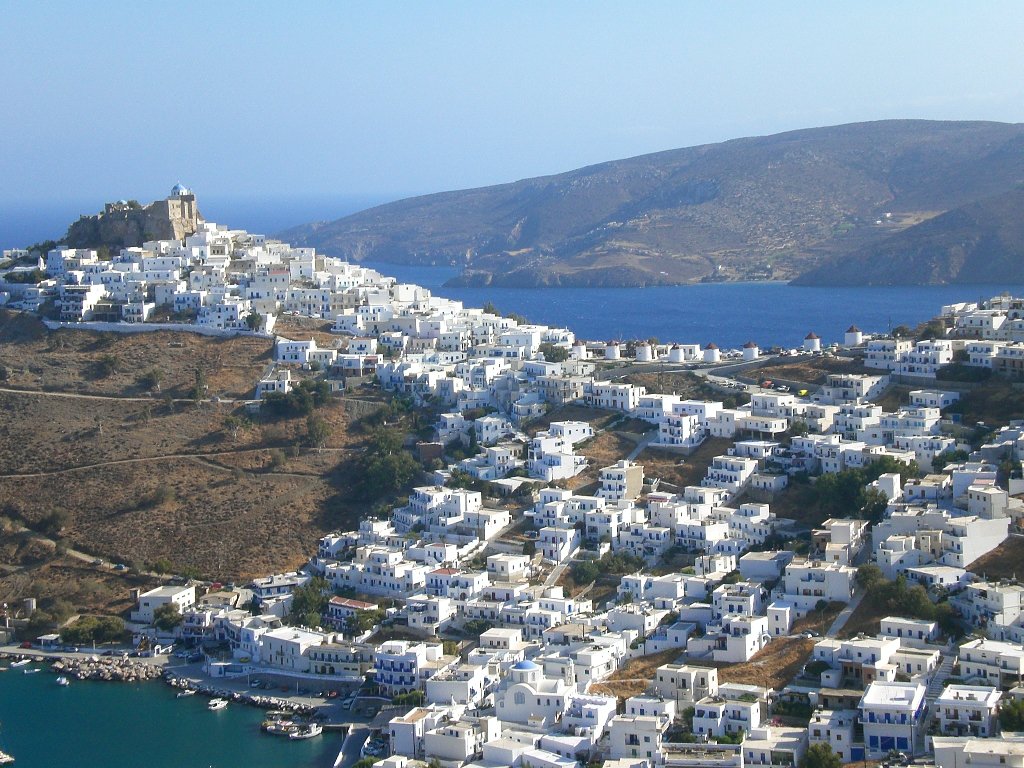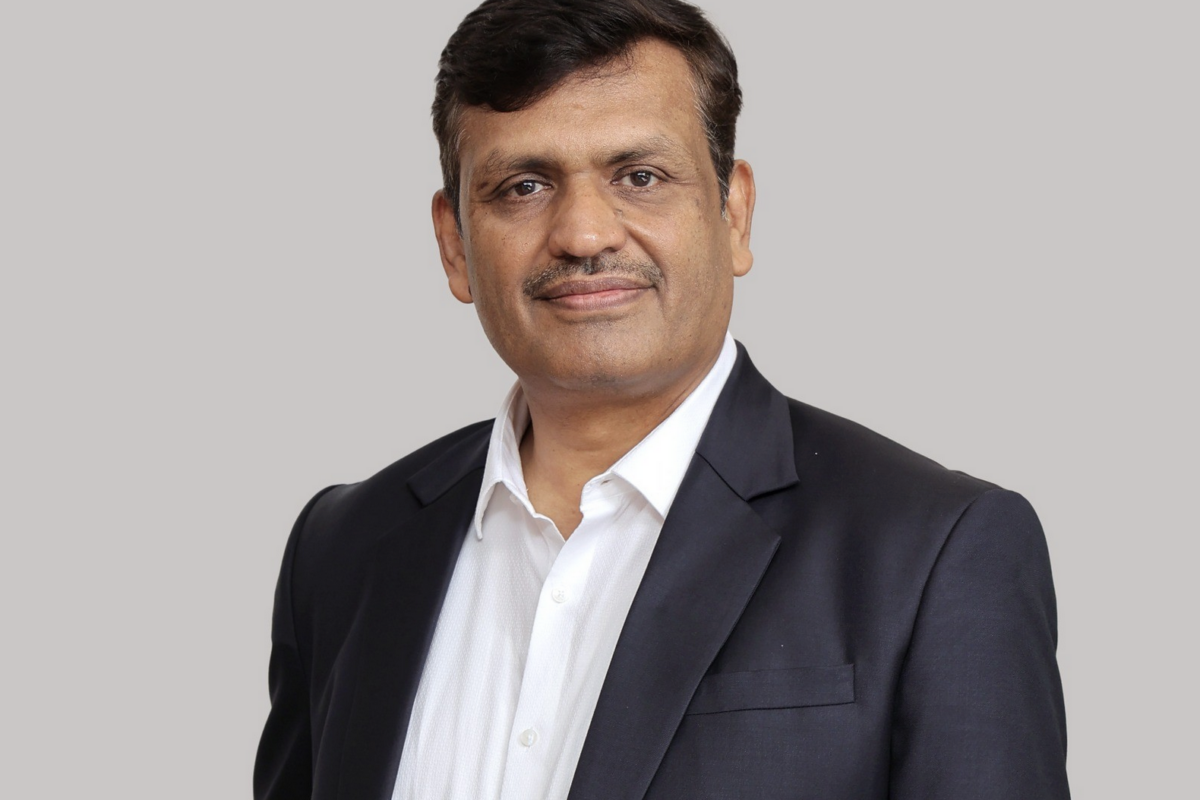PPC Renewables, the green energy unit of PPC, has won a tender to build a 3.5 MW solar project and a 5 MW/10 MWh battery system in Astypalaia, Greece.
Astypalaia, an island in the Aegean Sea, has attracted attention in recent years because Volkswagen has selected it as a testbed for its smart mobility pilots. The German automaker and the Greek government launched a pilot project in 2021 to offer smart mobility services such as ride-sharing and car-sharing, based on electric vehicles. The smart mobility pilot will run for at least six years.
Critics have said that the island, which is home to about 1,500 permanent residents, still draws most of its electricity from diesel generators. However, that is now set to change.
PPC Renewables Chief Executive Konstantinos Mavros told pv magazine that construction of the solar-plus-storage plant is expected to start in about six months. The system will be fully operational in about 20 months and will cover half of Astypalaia’s electricity needs. Existing diesel generators will remain in place to power the rest of the island.
Mavros said that PPC Renewables is committed to expanding the hybrid project in about three to four years, to cover more than 80% of the island’s electricity needs. However, Astypalaia is not the only Greek island that is transitioning to a green and smart energy future. pv magazine recently presented a list of smart projects currently operating on the Greek isles of Naxos, Halki and Tilos, for example.
In 2021, the Greek government launched the “Gr-Eco Islands Initiative,” which aims to deploy green tech in the Aegean Sea archipelago. The initiative includes a broad map of intended sustainable actions and a €100 million ($99 million) investment pot, but the government has not published a policy framework yet that actually translates this initiative into a concrete set of policies and schemes.
Transitioning to renewable energy, especially on small islands that are not linked to Greece’s mainland grid, is a key priority. But it is not just for environmental reasons, as generating electricity via diesel generators cost Greece millions of euros every year. All Greek electricity consumers pay for this via subsidies that could easily be phased out or significantly be eliminated via systems of renewable energy.
This content is protected by copyright and may not be reused. If you want to cooperate with us and would like to reuse some of our content, please contact: editors@pv-magazine.com.



1 comment
By submitting this form you agree to pv magazine using your data for the purposes of publishing your comment.
Your personal data will only be disclosed or otherwise transmitted to third parties for the purposes of spam filtering or if this is necessary for technical maintenance of the website. Any other transfer to third parties will not take place unless this is justified on the basis of applicable data protection regulations or if pv magazine is legally obliged to do so.
You may revoke this consent at any time with effect for the future, in which case your personal data will be deleted immediately. Otherwise, your data will be deleted if pv magazine has processed your request or the purpose of data storage is fulfilled.
Further information on data privacy can be found in our Data Protection Policy.